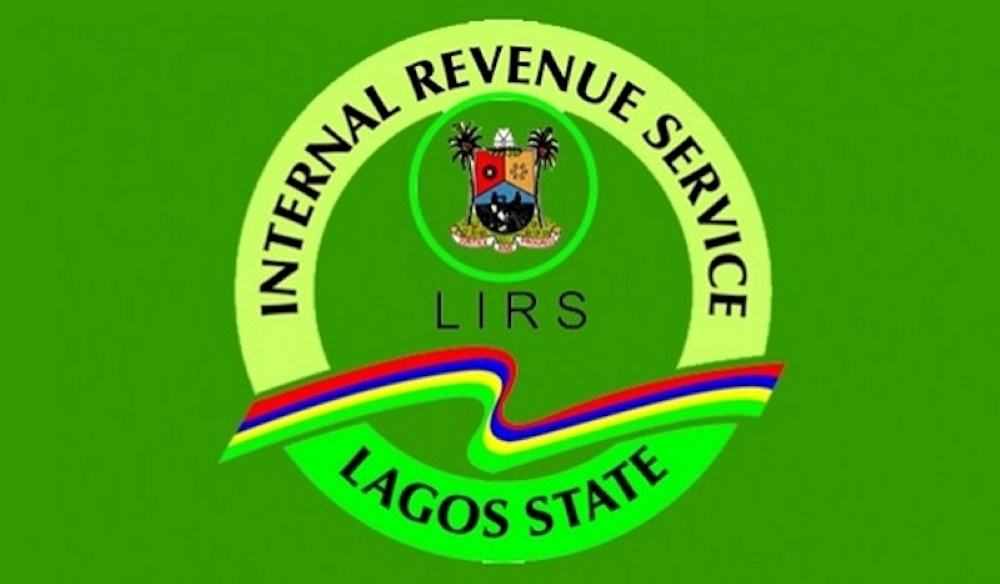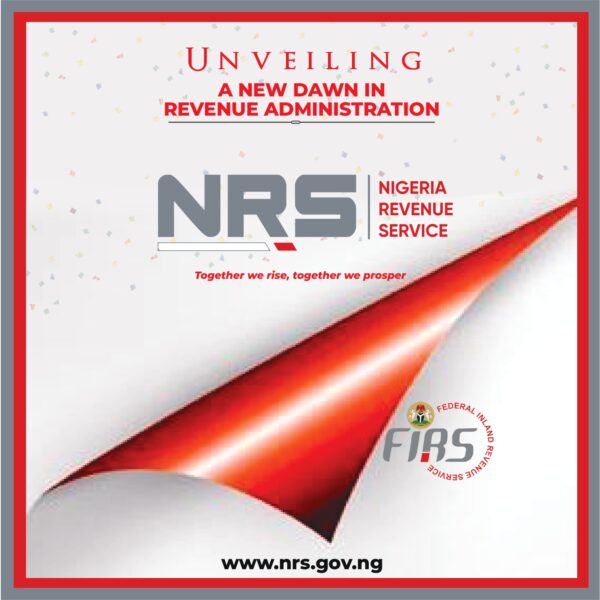Lagos State has attained a milestone in public finance management with its Internally Generated Revenue (IGR) hitting N1 trillion annually—an unprecedented achievement for any subnational government in Nigeria. The feat marks a dramatic rise from the state’s pre-2005 monthly revenue of about N500 million, reflecting two decades of sustained digital innovation in tax administration.
Executive Chairman of the Lagos State Internal Revenue Service (LIRS), Dr. Ayodele Subair, disclosed the development over the weekend in Lagos.
Speaking through the Deputy Director of Information Technology, Dr. Rasheed Olu-Ajayi, Subair attributed the revenue surge to the agency’s deliberate investments in digital infrastructure, automated processes, and strengthened data governance practices. Subair delivered the keynote address at the CIO & C-Suite Conference & Awards Africa 2025, held at The Civic Centre, Victoria Island, Lagos.
The event, themed “The Digital Tax Shift,” brought together technology leaders, regulators, and innovators to discuss how digital tools are reshaping tax systems across Africa. Now in its sixth edition, the conference has become a hub for strategic dialogue on Africa’s evolving digital ecosystem.
He noted that Lagos’ digital transformation journey is anchored on the Enterprise Tax Management System (ETMS), known as eTax, which integrates registration, assessment, filing, and payment onto a single platform. This system, he said, has enhanced accountability, operational efficiency, and taxpayer experience.
According to him, the emergence of e-commerce, fintech, virtual assets, and cross-border digital services has blurred traditional taxation boundaries, compelling governments to rethink how they govern in an increasingly digitised world. Lagos, he said, is responding with an approach that is “data-driven, transparent, and responsive to the realities of a 21st-century economy.”
Subair stressed that the N1 trillion annual revenue is only a starting point for the state as it plans to integrate more advanced technologies, including Artificial Intelligence (AI), into its fiscal operations.
“As we look ahead, we see a future where fiscal policy is intelligent and adaptive—powered by data, shaped by innovation, and anchored on trust,” he said, adding that sustained investment in human capacity and cross-sector collaboration will be central to this vision.
Chairman of Edniesal Consulting Limited and Chairman of the Project Implementation Committee for the Awards, Oluwakayode Adigun (popularly known as Pa Kay), said the conference’s focus on tax transformation was intended to encourage deeper collaboration across Africa. He argued that technology alone is not enough, adding that culture, advocacy, transparency, and customer engagement must complement technical reforms.
Adigun agreed that AI represents the next decisive shift in Africa’s digital journey. “The future is AI. It has already started,” he said, noting that the technology is rapidly changing how organisations operate, build, and innovate.
Convener of the CIO & C-Suite Project Africa, Mrs. Abiola Laseinde, reflected on the growth of the awards platform since its inception six years ago. She described it as a movement that has elevated Africa’s previously unsung digital leaders to a continental and global stage.
“The CIO & C-Suite Awards Africa has become more than an event; it is a powerful engine amplifying the achievements of the tech geniuses shaping Africa’s future,” she said. Laseinde emphasized that Africa is not lagging behind but is increasingly defining global standards through bold digital policies and innovations in sectors such as fintech, energy, health, agriculture, education, and cybersecurity.
She praised Nigeria’s improving digital tax ecosystem, describing Lagos and other states as progressive in leveraging data to enhance transparency and deliver accurate tax assessments. However, she highlighted the need for stronger smart infrastructure to support the continent’s digital ambitions.
“The Digital Economy Ministry and those charged with governance need to begin to think of how to make our cities smart cities,” she said, urging collaborative efforts to build environments where emerging technologies, including AI, can thrive seamlessly.
The event also featured the CIO Awards, which celebrated outstanding innovators and organisations across multiple sectors—media, fintech, insurance, manufacturing, education, entertainment, and more—rewarding excellence in the use of digital technology to create business value.
The 2025 edition reaffirmed Africa’s growing confidence and capability in the digital domain, with Lagos State’s revenue breakthrough serving as a practical demonstration of what deliberate technological investment can achieve.




